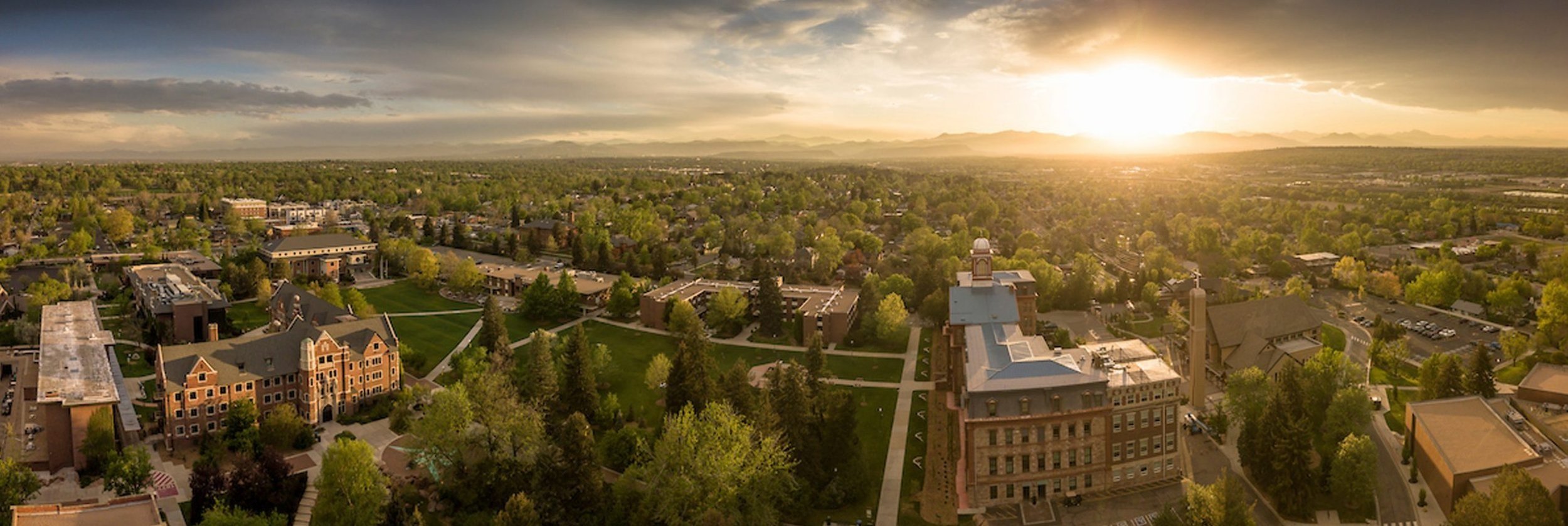
Our Theology
Russian Catholics believe that in its deepest foundations the church cannot be split, any more than Christ can be divided up. Accordingly, the aim is achieve a deep unity that emerges from Christ himself. This is neither a novel nor a radical aim. It is rather to bring something to the surface that already exists, just as Christ is incarnate in the world.
That this is already an unshakeable truth is exemplified by the fact that both the Orthodox and Roman Catholic churches recognise each other’s sacraments, holy orders and apostolic succession. Christ’s church is a single mystery that is indivisible. To use an analogy, the unity is like the depths of the ocean where there is no disturbance. Turbulence, the historical divisions of the East and West, only happens on the surface.
The Russian philosopher and theologian Vladimir Solovyov understood the fundamental unity of the Church by starting with the need to redeem mankind by not renouncing the manifestation of His Divine Dignity and Glory. He called for churches to imitate Christ by entering into the mystery of self-abandonment.
Solvyov said:
“By the free act of His Divine will or love [He] renounces the manifestation of His Divine Dignity; He abandons the peace of eternity, He engages in battle with the principle of evil and He becomes liable to all the agitations of the cosmic process. He appears in chains of external existence, in limitations of space and time; He then appears to the natural man, acting upon him in diverse infinite forms of the cosmic life which hide rather than reveal the true substance of God.”
Solovyov believed that there would never be true unity amongst the churches until the Christian community is prepared to walk the way of sorrow and renunciation. As Christ God freely renounces the Divine Glory and as man receives the possibility of receiving Divine Glory so it is with the Church. Any ecumenist following in Soloviev’s trail must make the words of Jesus their own: “Learn of Me for I am meek and humble of heart” (Mt 11:29).
This leads inevitably to a sense of community towards God’s creation as it moves across the horizon of history towards the age to come.
Russian Catholics are formed in, and try to live, the theological vision of the Byzantine tradition – but in the Russian mode. The foundations of belief between Byzantine and Russian are the same, but the way they are expressed tends to create a different spiritual atmosphere.
The theological emphasis in Russian Christianity is on a mystical rapport with the earth, which is a different emphasis from nature piety of St Francis of Assisi in the Western tradition. It is also specifically Russian rather than Byzantine because Greek Christian culture tends to share with the Latin traditions an emphasis on order and limit.
Such an approach is foreign to the Russian spirit. Instead, there is an emphasis on the common experience of a shared Mother Earth. Russian spirituality is more that of a wanderer than a settler. There is a ritualisation of the pilgrimage of life, centred around the pivotal Jesus prayer: ‘Lord Jesus Christ, Son of God, have mercy on me, a sinner’.
Whereas Western theology tends to be expressed in rationalistic, codified form, Eastern Christian theological thought is wary of using philosophical tools to explain the mysteries of the Gospels, finding it at times to be a blunt instrument. Instead, the emphasis is on mystery; that which is beyond rational thought structures. This leads to an intensely tender view of Jesus, which is constantly expressed in Russian liturgical traditions.
A central place is given to the human abasement of Jesus, although without ever reducing his divine majesty. Christ emptied himself, achieved kenosis, in order to do God’s will. The emphasis in Russian theological traditions is on a similar emptying in order to be receptive to God’s divine will so as to participate in his mysteries.
